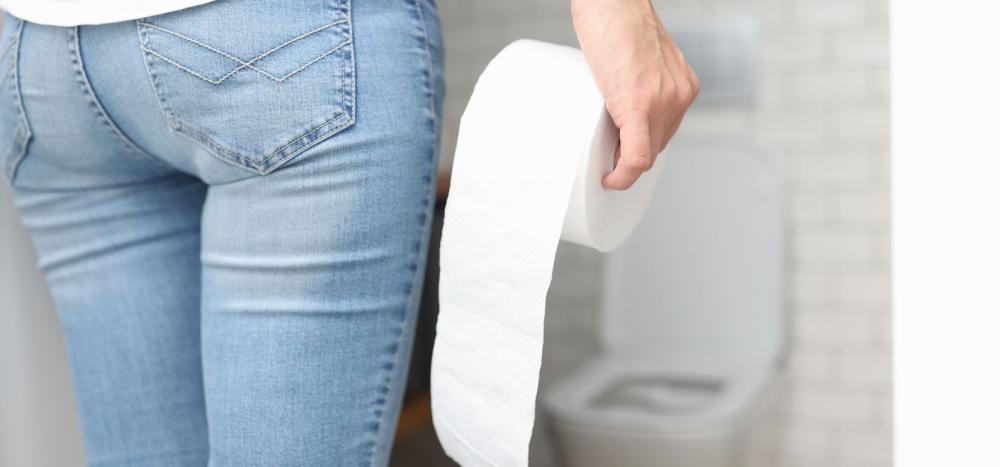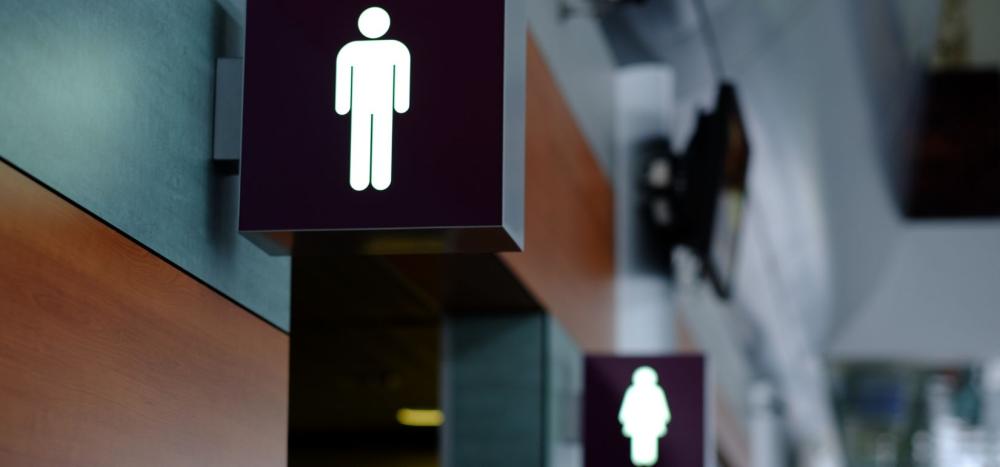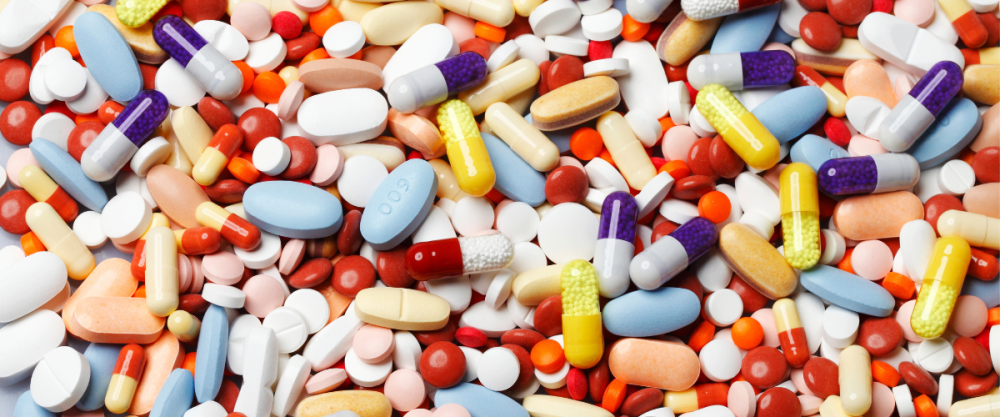If you’re emptying your bladder during the day or waking up at night to pee more than usual, you may be wondering what it means.
While using the bathroom more than normal may be an early sign of diabetes or a symptom of diabetes, it can also be attributed to other conditions, like overactive bladder or a urinary tract infection.
Use this article to determine what’s causing you to head to the bathroom so often.
What Is Frequent Urination?
Frequent urination is a type of urinary incontinence (loss of bladder control) that is sometimes referred to as overactive bladder (OAB) or urinary frequency / urgency.
OAB: Needing to empty your bladder more than a typical number of times in 24 hours, usually more than 8 times per day and more than 2 times at night.
Urinary frequency / urge incontinence: This is sometimes considered the same thing as OAB, but with urge incontinence, you may feel strong, sudden urges to urinate alongside frequent urination that result in bladder leaks.
Check Your Eligibility
2 Easy Steps
Discover the continence care essentials available through your Medicaid plan.
Both types of UI should be diagnosed by your healthcare provider and are, in some cases, reversible and preventable.
Is Frequent Urination a Sign of Diabetes?
Diabetes is a medical condition in which your body does not produce enough insulin or use insulin correctly. There are different types of diabetes that have different issues with insulin.
-
Type 1 diabetes: When your body doesn’t produce insulin or doesn’t make enough insulin.
-
Type 2 diabetes: Your body has less insulin sensitivity and therefore doesn’t use insulin correctly.
-
Gestational diabetes: When your body can’t properly process insulin or regulate fluid levels.
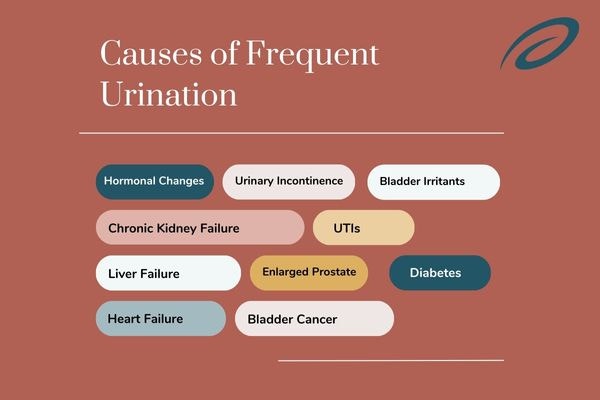

- Diabetes insipidus: Your body cannot regulate fluids correctly, leading to excessive thirst and frequent urination.
Diabetes & Insulin
Insulin is a hormone that turns sugars (glucose) into energy. If your body doesn’t produce insulin or doesn’t use it correctly, it can result in too much sugar in the blood.
This excess glucose causes high blood sugar levels, known as hyperglycemia. When there’s too much sugar in your bloodstream, it’s your kidneys’ job to filter it out of your body and they do this by producing urine.
If you have diabetes, this process may cause you to feel the urge to urinate more frequently and void your bladder more often. It may leave you feeling dehydrated, which causes you to drink more water, and eventually, urinate more.
So, is frequent urination an early sign of diabetes?
Well, because frequent urination can occur in people without diabetes, it’s important to consider other symptoms you may be experiencing alongside increased bladder emptying that could indicate diabetes.
Other Diabetes Symptoms
- Weight loss.
- Excessive thirst.
- Fatigue or exhaustion.
- Blurred vision.
- Dental issues (swollen gums, oral infections, etc.).
- Sensation issues (tingling or numbness of limbs).
If you are urinating more frequently than normal and are experiencing other symptoms associated with diabetes, you should speak with your healthcare provider to determine your condition.
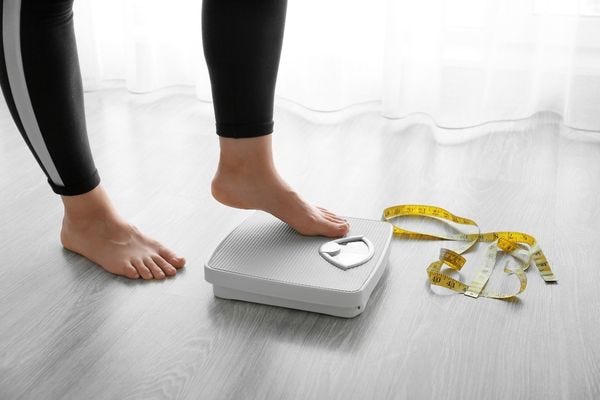

Other Causes of Frequent Urination
Frequent urination is not just a symptom of diabetes. Using the bathroom more than normal may be caused by:
- Hormonal changes: Hormones such as the ones that change during pregnancy, childbirth, menopause, perimenopause, and menstruation may cause symptoms associated with OAB or urinary frequency.
- Urinary incontinence: There are different types of urinary incontinence that may cause frequent urination, including OAB / urge incontinence.
- Urinary tract infection (UTI): UTIs are caused by bacteria entering the urethra and can cause many uncomfortable symptoms, such as frequent urination, increased urges to pee, burning when peeing, and pain in the lower back or abdomen.
- Enlarged prostate: When your prostate is enlarged, it can put pressure on your urethra and bladder, causing increased urges to urinate and more trips to the bathroom.
- Chronic kidney failure (CKD): During CKD, your kidneys can no longer filter toxins and fluids properly which causes you to feel the urge to urinate more frequently.
- Liver failure: Liver damage also damages your kidneys and can cause you to urinate more often and feel the need to urinate.
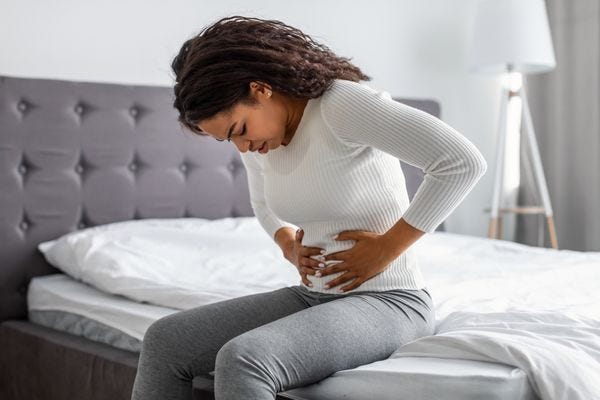

- Bladder irritation: Bladder irritants, such as caffeine and alcohol, can cause frequent urination.
- Heart failure: If you have heart failure, you may have a decreased amount of blood making its way to your kidneys. This creates fluid retention that causes you to urinate more often.
- Bladder cancer: Bladder cancer may be associated with tumors in the bladder which can cause your bladder to feel fuller faster, resulting in more urination.
Determining the Cause
Take the following steps to determine whether or not your increased urination is due to diabetes.
- Be aware of your symptoms. It’s crucial that you’re aware of the symptoms you’re experiencing. Some may indicate a urinary issue and others may be early warning signs of diabetes.
- Speak with your healthcare professional. If you have any unusual symptoms, you should speak with your healthcare provider to determine the cause and rule out any life-threatening problems.
- Take an A1c test. A1c tests measure your blood sugar levels over a period of around 3 months. Your results will determine whether or not you have diabetes; Levels of 6.5 or more means you have diabetes. Speak with your provider about your results and what they mean.
- See a urologist. Urologists specialize in the urinary system and can help you determine what’s causing frequent urination.
Managing Frequent Urination With Free Bladder Control Products
Running to the restroom to empty your bladder often can disrupt your daily activities. If you experience frequent urination, you may qualify to receive free bladder control products through your insurance plan with Aeroflow Urology.
Check to see if you qualify today- all you need is your insurance card at hand! It takes under 5 minutes to complete our form and we protect your information and reach out as soon as we determine your coverage.
Information provided on the Aeroflow Urology blog is not intended as a substitute for medical advice or care from a healthcare professional. Aeroflow recommends consulting your healthcare provider if you are experiencing medical issues relating to incontinence.

